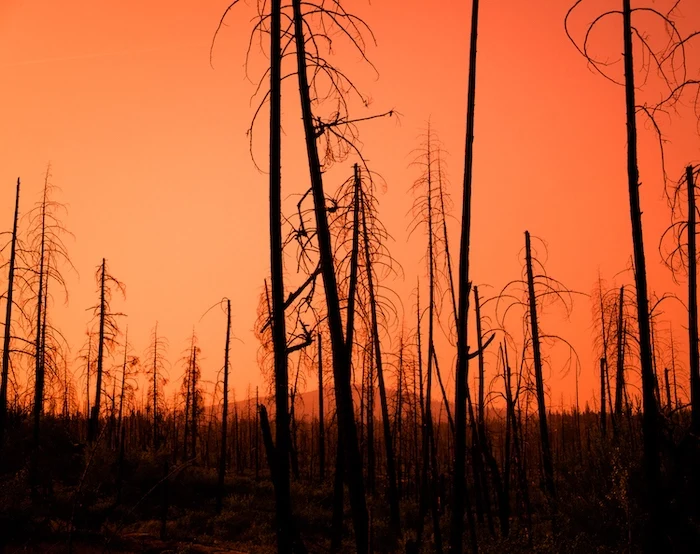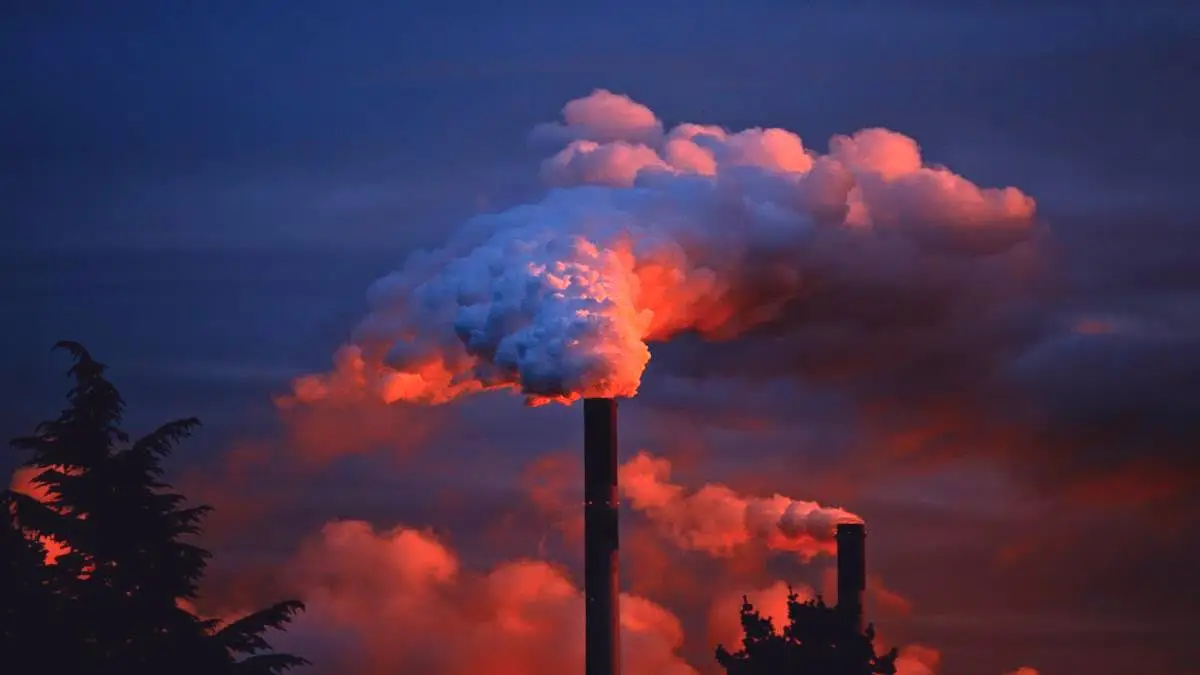Table of contents
Fossil Fuel is Destruction
The urgent need to stop fossil fuel use cannot be overstated. The use of fossil fuels has been a major contributor to climate change, air pollution, and environmental degradation.
As the world continues to rely on these unsustainable energy sources, the urgency to fight against them has never been greater. This article explores the environmental, social, and economic impacts of fossil fuel use and calls for action to transition to cleaner, renewable energy sources.
The environmental impact of fossil fuel use is undeniable. Burning fossil fuels releases greenhouse gases, such as carbon dioxide, into the atmosphere, which trap heat and contribute to global warming. This has led to rising sea levels, more frequent and severe weather events, and the loss of biodiversity.

Fossil fuel extraction and transportation also have significant environmental impacts, including habitat destruction, water pollution, and oil spills. It is clear that continued reliance on fossil fuels is not sustainable and action must be taken to transition to cleaner energy sources.
How You Can Take Action to Fight Fossil Fuel Use
There are many ways individuals can take action to stop fossil fuel use. One of the most effective ways is to reduce personal consumption of fossil fuels by using public transportation, biking or walking instead of driving, and reducing energy use at home.
Additionally, individuals can support policies and initiatives that promote clean energy, such as renewable energy mandates and carbon pricing. It is also important to hold corporations and governments accountable for their actions and demand they prioritise the transition to clean energy. By taking action to stop fossil fuel use we can all contribute to a more sustainable future.

